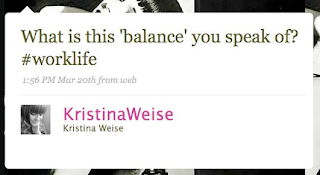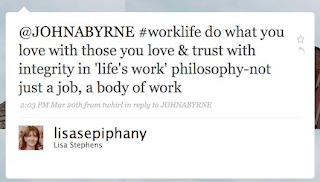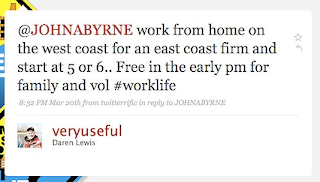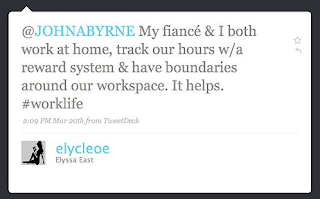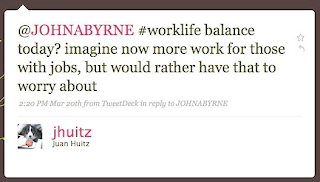Africa is in my veins … in my thoughts and in my actions. I don’t know how love for a continent is made. How the colours and rhythms from one far-off coast can resonate as loudly on the opposite side. How listening to strangers speaking a language I do not know (understanding is different for it often transcends linguistic boundaries) can bring sudden feelings of homesickness. How the rush of sights, sounds and smells, as I step out of a plane, has my being instantly relax in the knowledge: this is where I belong.
Absence makes the heart grow fonder and it also teaches the heart a lesson about its self: about how it is made; about what dictates its pace; and what it requires for beating.
I used to think I was patriotic, I still do, but I believe what I was feeling deserved a different and more appropriate name. It transcends national borders – it goes back before the Scramble. It rises over the barriers of language for communication takes place on several planes.
Meeting people from around the world and sharing our common affinities for the continent has helped, over years, to formulate for me, a way to articulate that feeling I previously could not quite capture. I choose to name it Afri-love. Simple, says what it does on the tin and allows me to signpost the myriad expressions of that feeling that I observe, live and create. Naming is a powerful process – it allows one to lift up a thing, hold it to the light and study it closely. Naming can be dangerous too: it can limit the form and consistency of a thing. However, in this instance, naming is useful to me as an umbrella under which to formulate ideas and mobilize the kind of action that will expand itself. Afri-love breeding Afri-love.
And naming helps to create community. A community already exists but it is not always self-aware. The extensive take up of the Afropolitan idea/identity is proof that Afri-love exists in abundance. Its informal community of agents spread its beauty and energy across the globe, sharing good news about the continent; enlightening people about its diversity and cultural wealth; and destroying the barrage of misperceptions that exist within the minds of ignorant and “worldly” alike.
Perhaps most important is exchange. Bringing language, culture, art, knowledge, belief and music to meet with the language, culture, art, knowledge, belief and music of other continents. Creating something new, powerful and relevant that heralds all of its constituent parts while casting a wider net of inclusion. Respect, fundamentally, running through it all.
Afri-love is about that respect for what came before (to avoid the use of that contentious term “tradition”), learning and taking forward what is still germane and beneficial to growth; leaving behind what is inappropriate and counter-constructive; drawing knowledge and inspiration from whatever other sources are available in our experience; and using our imagination, creativity and passion to make something new.
Something that reflects our individual histories and journies first. When we zoom out and look at the greater tapestry of which we are a tiny but crucial thread, the collective story emerges. In perhaps the most interesting, eclectic and spontaneous fashion yet.
Undoubtedly, the most conspicuous pattern is the energy that connects every person who feels Afri-love. It’s almost irrelevant where you’re from. That yearning to touch the ground, smell the soil and feel the sun’s embrace. To join the dance, both invisible and real. To love your brodas and sistas despite their weaknesses and bad judgement. To be that village that is concerned with the growth of every child. The village that hunts and gathers together and celebrates that collective action with a feast.
It may all sound quite utopian. Perhaps, the one truest sign of the presence of Afri-love is the optimism that we can make our vision a reality: Africa rising to realise its full potential*.
* Borrowing from the vision of African-led UK charity Stand Up for Africa.
Image taken at Kitengela Glass in Kenya, hence the cut-out.


